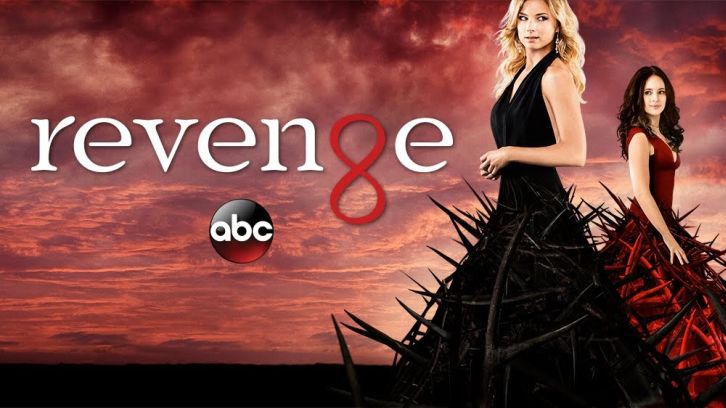
One of our cats has a problem: she doesn’t get along with the others. She has no problem with dogs but she hates our other two felines and the feeling is mutual. She lets us know how she feels by peeing on our couch. I let her know how I feel about that by throwing her furry little butt outside for a day or two.
That got me thinking: if cats were like people, one of the other cats would have done his business where he shouldn’t, knowing full well we’d blame it on what we not-so affectionately call “the bitch cat.” As they stare at each other through the glass door, I imagine the real culprit meowing, “Gotcha, bitch.”
Yup, people are like that. We don’t like to admit it but we sure can be vindictive. I’m not one to preach, either. I’d love to say I’m above that sort of thing but then I’d be lying. Most of the time my resistance is strong but not always. Bet you think a personal story’s coming next. Uh uh. (OK, I’ll think about it. Maybe at the end).
Actually, Steve Jobs had a dark side that sort of haunted him in that way. Again, I’m not trying to be judgmental or to second-guess a great CEO; just pointing out how insidious the urge can be. And its results can be quite damaging.
When Google’s triumvirate of Larry Page, Sergey Brin, and Eric Schmidt betrayed Steve Jobs by using their partnership and his trust in them to essentially copy the iPhone, Jobs launched a legal war that cost Apple billions without accomplishing a whole hell-of-a lot.
In Walter Isaacson’s biography, an incensed Steve Jobs said, “I will spend every penny of Apple’s $40 billion in the bank, to right this wrong. I’m going to destroy Android, because it’s a stolen product. I’m willing to go thermonuclear war on this.”
Perhaps that was the right thing to do. From an ethical standpoint, he had good reason. But from an Apple shareholder standpoint, not so much. Having been an executive officer of two intellectual property companies, I can tell you that legal battles are usually far more costly and less effective than we think they’re going to be.
Besides, Jobs didn’t always have the moral high ground as he did there, but those stories have been beat to death so I won’t repeat them here. Just know that every coin has a flip-side.
On second thought, I will tell you personal story. When I was a little kid, I had a fight with a good friend who was much bigger than me – as nearly everyone was. He threw me on the floor outside his apartment and slammed the door. I felt humiliated. So I tore my own pants and told my dad he did it.
That was dumb, petty, vindictive, I know; but I’ve always felt guilty about it. The point is my ploy failed. During the ensuing parental confrontation, he said he didn’t do it. He stood by his story, I stood by mine, and our folks just stood there staring at each other. Stalemate, just like Apple and Google.
Here’s the thing. Many of us have deep-seated feelings of jealousy and resentment that stem from early times. That sort of chip on our shoulder drives a lot of our behavior. Like it or not, it can be a powerful force that motivates us to accomplish great things. But there’s often a downside that we’re not proud of, when all is said and done.
It’s a tough dilemma, to be sure; so let me leave you with a thought. The older I get, the less impressed I am with my knowledge and accomplishments and the more concerned I am with my behavior. We make too much of self-awareness. It’s a good start, but behavioral change takes a lot more work.
The point is poetically expressed in one of the Tao Te Ching’s most powerful proverbs:
He who knows men is clever;
He who knows himself has insight.
He who conquers men has force;
He who conquers himself is truly strong.